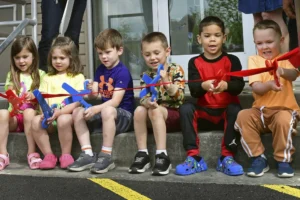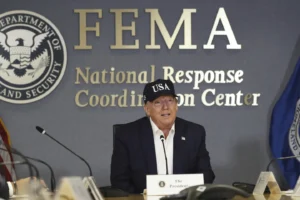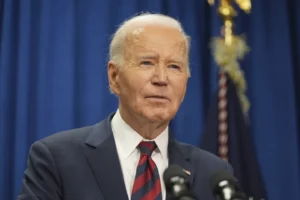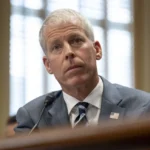OP-ED: What I Saw on Capitol Hill—Wyoming Congressional Intern Speaks Out (Part 2)
Angry constituents, hyper partisanship and career politicians rule the day (Part 2)
- Published In: Politics
- Last Updated: Sep 29, 2022
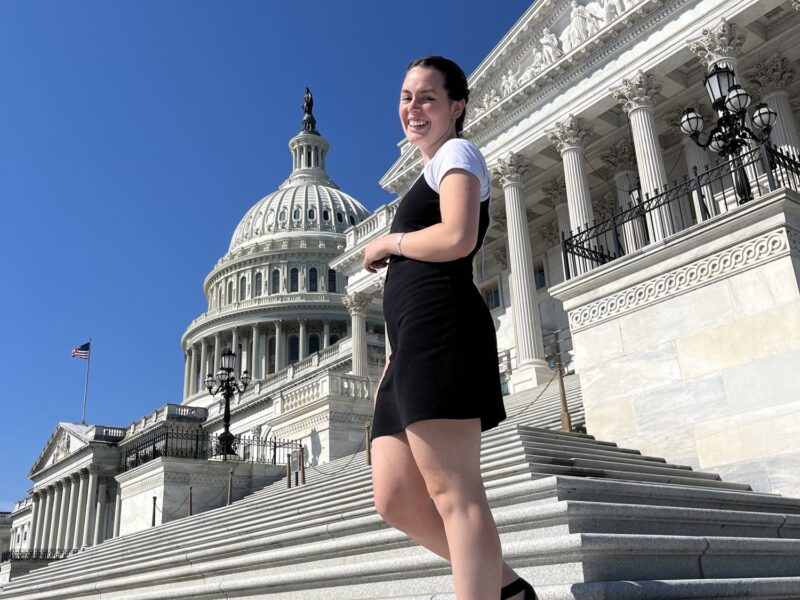
Rachelle Trujillo, a junior at the University of Wyoming, stands on the steps of the U.S. Capitol on her last day as a summer intern for U.S. Sen. John Barrasso. (Courtesy photo from Rachelle Trujillo)
By Rachelle Trujillo
Special to the Wyoming Truth
During the summer of 2022, Rachelle Trujillio worked as an intern in the Washington, D.C., office of Sen. John Barrasso (R-Wyo.). A Casper native, Trujillio is a junior at the University of Wyoming, where she is majoring in international studies. Yesterday, the Wyoming Truth published part one of her op-ed, in which she shed light on how congressional offices on Capitol Hill operate, including how they handle constituent calls. Here’s part two.
Where the partisan divide comes from
The halls of Congress aren’t as hateful as you might think. I witnessed plenty of bipartisanship firsthand on Capitol Hill. Sen. Barrasso shared a laugh with Sen. Joe Manchin (D-W.Va.) during an Energy and Natural Resources Committee hearing when the chairman forgot to reconvene the meeting. I saw Republican and Democrat senators mingling on the Senate floor, exchanging smiles and pleasantries like old friends instead of political rivals. And outside the office, there’s the annual Congressional Baseball Game for Charity, a bipartisan tradition since 1909.
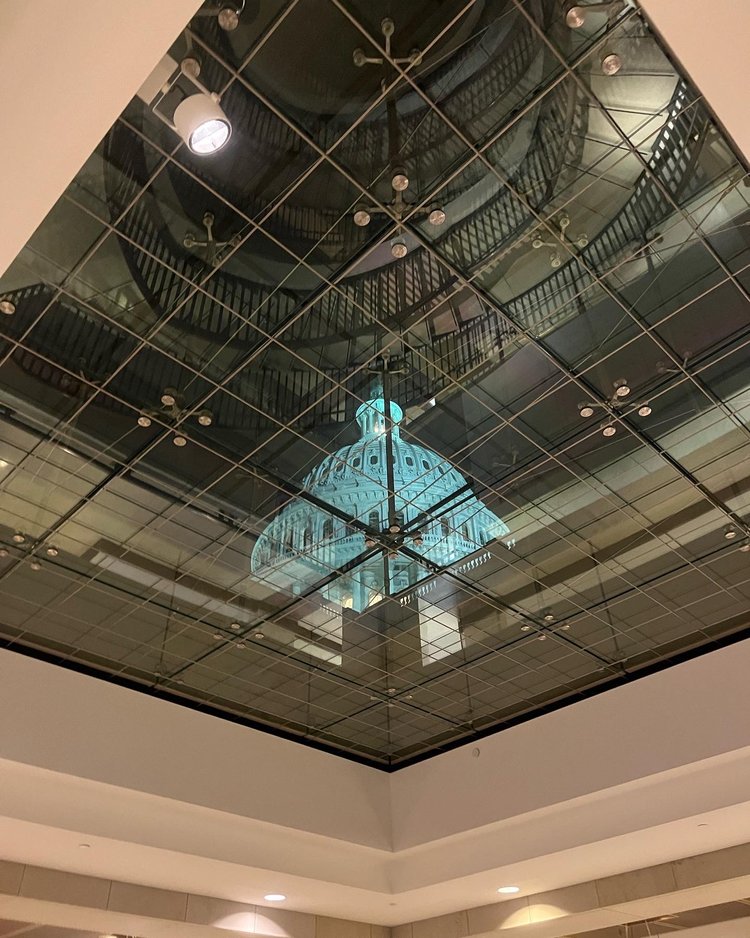
So where do these aggressive constituent behaviors come from? It seems that elected officials posture for the TV cameras to stir up the base at home.
As an intern, I attended press conferences, hearings and Senate floor speeches, where I listened to dozens of debates and speeches from senators. It became painfully obvious how both parties tossed out derogatory terms when describing bills sponsored by colleagues across the aisle.
On the evening of Aug. 6, Senators roamed the Capitol and gave countless speeches about the controversial Inflation Reduction Act. I was in the Senate gallery when Sen. Marco Rubio (R-Fla.) denounced Democrats as “laptop liberals” and “climate extremists,” and Sen. James Lankford (R-Okla.) sarcastically thanked Democrats for impeding the development of cures for cancer. That same night, Sen. Chuck Schumer (D-N.Y.) claimed Republicans pushback on the bill reflected their desire to keep prices high for American families, calling it a “sad commentary” on the GOP.
In reality, both parties are just trying to do the best for the country based off their own experiences. Yet, this kind of language, whether extremely hateful or mildly rude, is not the way to reduce partisanship or bring people together.
Still, partisanship is an effective tool in rallying the party faithful, which is exactly what politicians need to win elections and pass legislation.
“We get people fired up about a certain topic, by making it out to be way more controversial than it needs to be, because we feel that’s the best way to get action or get things done,” said Anna Spear, a University of Wyoming senior who interned for Sen. Cynthia Lummis (R-Wyo.). “I think it’s just politicians trying to stir a reaction and label that as progress.”
I often wondered if the senators realized that the people and ideologies they so often denigrate don’t just belong to political opponents, but also to real people from the states they represent. I believe this to be the biggest disconnect between the government and the people. How can elected officials serve their constituents if they’re constantly bashing half of them? Each side seeks political advantage by standing up for the “common man” or “average American”—the exact language the senators used to try to persuade one another that their position on the Inflation Reduction Act was “right.” But sarcasm in the name of defending the best interests of most citizens makes me turn away from, rather than be drawn to, a particular political argument. Politics is a competition of ideas, but delivery matters.
Our politicians have a responsibility to lead by example and build bridges rather than barriers. Similarly, journalists like me have an obligation to highlight the amity as much as the animosity. Together, I hope we can reaffirm that regardless of party affiliation, we are all Americans seeking to make the country better in the best ways we know how.
Young staffers keep Congress functioning
Most striking of all was the power dynamic I saw on Capitol Hill. The member, of course, sits at the top of the hierarchy. The chief of staff is second in command, with the legislative director usually being third. The scheduler, director of special operations and office manager sit close to the top; staff assistants and interns are the most entry level.
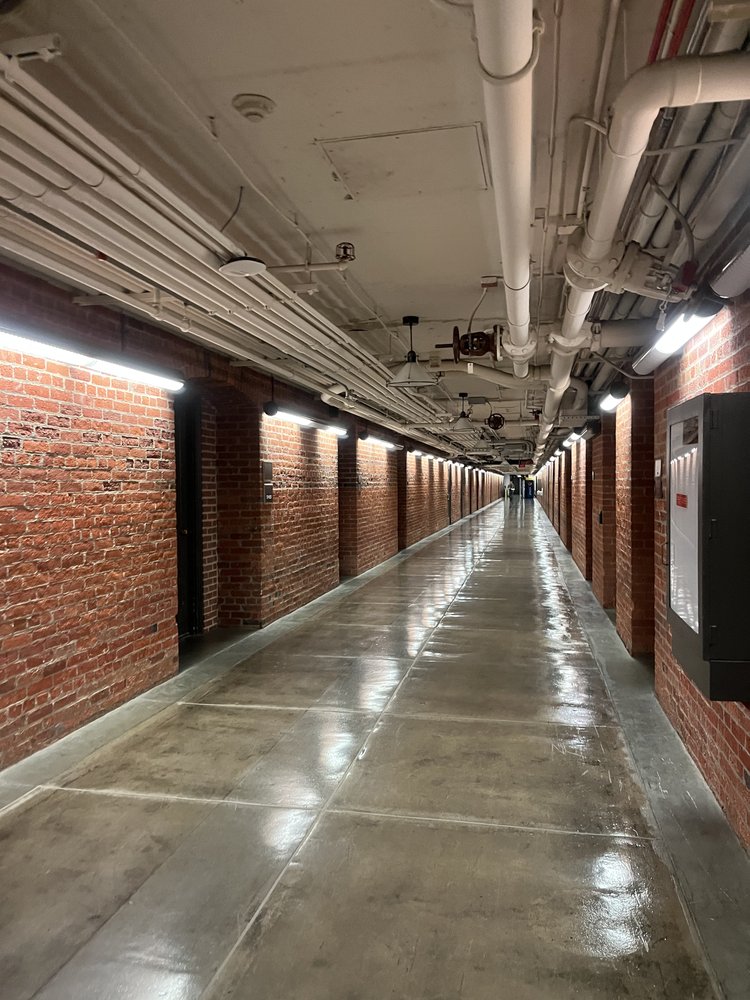
Every congressional office is organized a bit differently, but what I quickly learned was that many of the staffers weren’t much older than me. I met speech writers and legislative correspondents in their early 20s to mid-30s who research policies and recommend legislation for politicians in their 60s, 70s and 80s—some of whom have been in office for decades—to sponsor. They draft media statements on behalf of the members, schedule meetings, prepare briefing materials for hearings and nominations and recommend how members should cast votes on the Senate floor. These are the real (and few) people who truly influence a member. It was shocking to see that young, unelected staffers are the backbone of our legislative system.
Of course, there is nothing wrong with the number of young people serving in government. In fact, I find it encouraging. But it makes me wonder why there aren’t more politicians in their 30s, 40s and 50s doing the actual lawmaking. I am entirely unconvinced that Sens. Dianne Feinstein (D-Calif.) and Chuck Grassley (R-Iowa), both now 89 and with a combined 71 years in the Senate, are capable of making the best decisions on behalf of my generation and a future America they won’t live to see. Term limits are the only way to get incumbents out of Washington, D.C. After all, even George Washington opted to return to Mount Vernon rather than die in office.
I’m not alone in my thinking.
“We probably should have people with newer ideas that are better representing a generation that are actually going to have to deal with these repercussions,” said Morgan Edmund, who interned with me in Sen. Barrasso’s office. “. . .We’re always supposed to be looking forward to the future, so shouldn’t we start looking for younger people showing initiative that want to make a difference for their generation?”
It’s time for the old guard to stand down.
Where we go from here
Despite what I witnessed on Capitol Hill, I’m optimistic about our nation’s future. I’m encouraged by how many Americans try to hold politicians accountable. Citizens are the unofficial, yet most important check on our government. I truly believe the bipartisan Protect Our Kids Act of 2022 would not have been introduced if voters had not voiced their support for gun reform. Constituents truly do influence the course of legislation—even if the members don’t hear all 20 minutes’ worth of their commentary. (Of course, it would better if they were more measured in voicing their sentiments.)
Most importantly, my fellow Wyoming interns and I agree that compassion is the key to changing our dangerously polarized climate. After three months of listening to heated political speeches and fielding hateful calls, I want to do all I can to keep my own bias in check and try to understand different viewpoints.
Yes, I worked for a Republican senator. But that doesn’t mean I support all GOP policies—nor do I disagree with all Democratic ones. I don’t think anyone truly does. The experience made me more willing to listen to both sides on issues as varied as immigration and climate change. After all, neither party corners the market on the right solution to the problems facing our nation. The answer is likely somewhere in the middle—a compromise that will never be reached amid poisonous partisanship.
On that hot June day when Roe v. Wade was overturned, I watched opponents and proponents alike march up Constitution Avenue to the U.S. Supreme Court and voice their opinions about abortion rights. I’m glad to see so many taking this civic obligation seriously, but we must do so with more empathy and understanding for our fellow citizens. We are capable of it. Of everything I learned during my time on Capitol Hill, this is what I found to be the most important lesson: we are much more effective when we work together rather than against each other. Seeking to understand, while remaining an engaged citizen, is now and forever my commitment as an American.
Will you join me?




